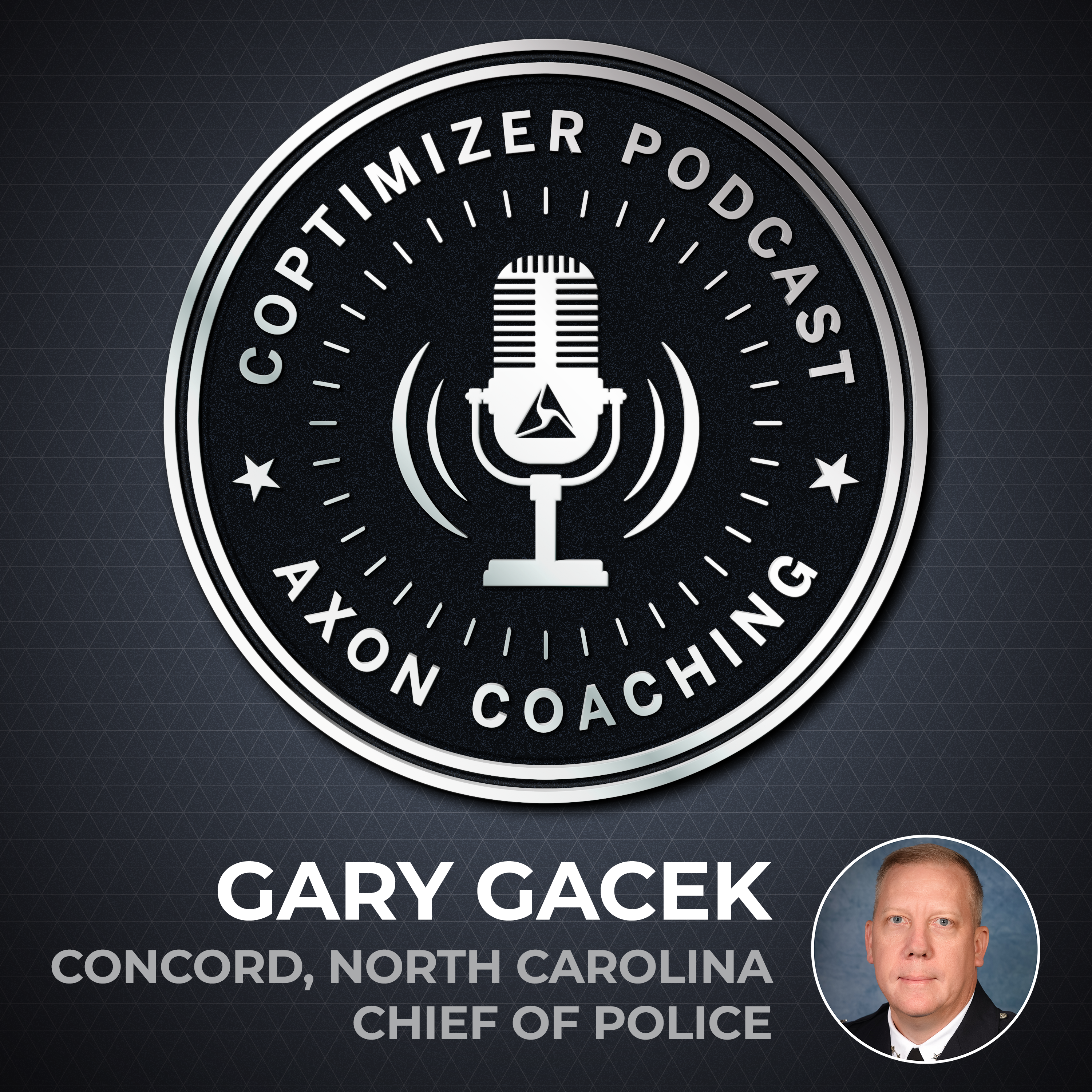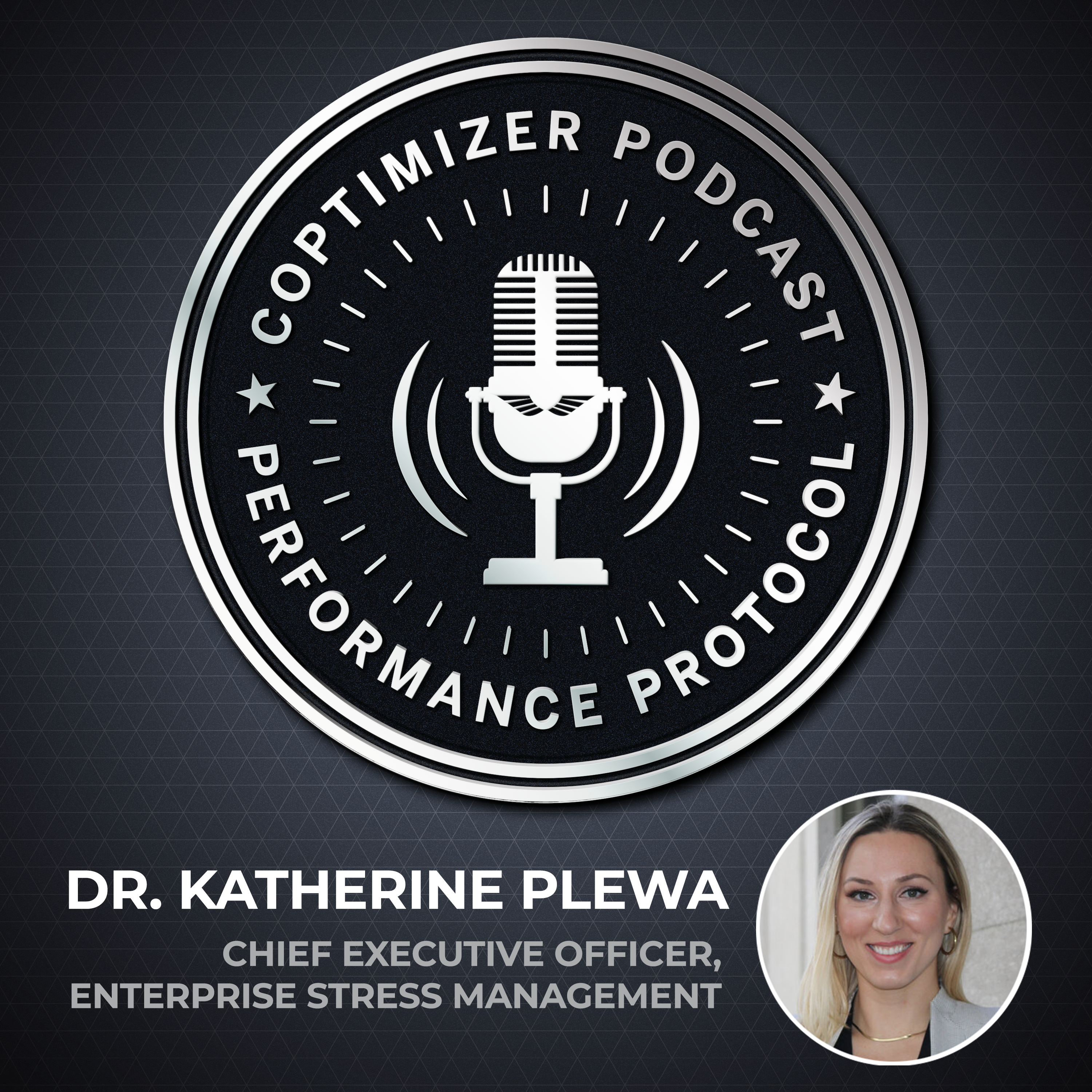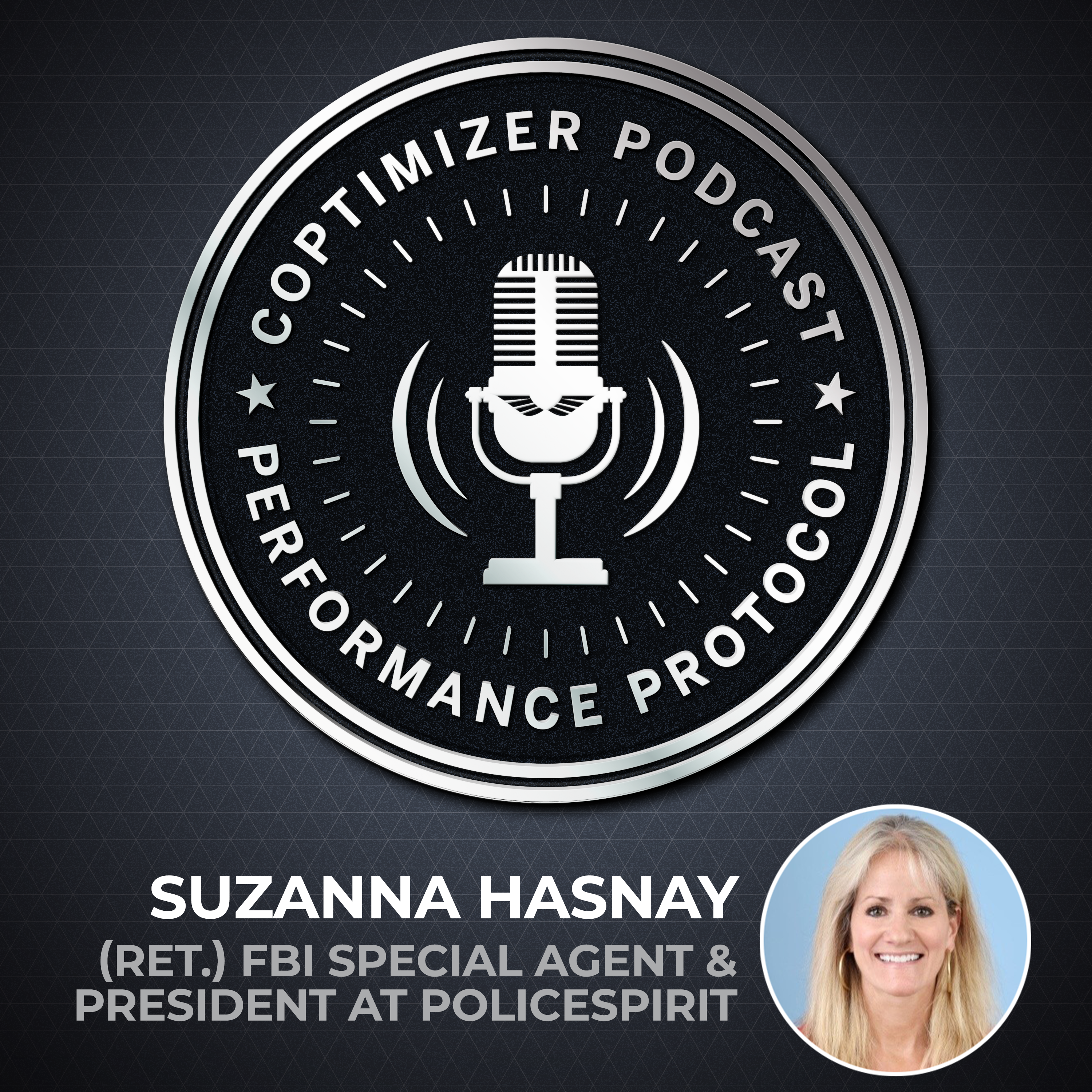In a recent episode of our podcast, we were honored to have Major General (Ret.) Gregg Martin share his deeply personal and inspiring journey through bipolar disorder. His story is not just about the battles fought on the field but also about confronting the internal battles of mental illness. This conversation is especially relevant to law enforcement officers and leaders, drawing parallels to the high-stress, high-stakes environments they navigate, which often mirror the pressures faced in military careers.
Key Insights:
- End the Stigma: Major General Martin's openness about his bipolar disorder serves as a powerful call to action to reduce stigma and promote recovery. It's crucial for leaders in all sectors, including law enforcement, to foster an environment where mental health discussions are normalized.
- Early Recognition and Action: Identifying symptoms early and seeking medical help can transform lives. For those in high-pressure jobs, acknowledging the need for help is a sign of strength, not weakness.
- The Power of Support: Recovery is a team effort. The role of family, friends, and professionals in Major General Martin's journey underscores the importance of a supportive community in overcoming mental illness.
- Holistic Approach to Recovery: Medication, therapy, and healthful living are foundational, but recovery also requires purpose, perseverance, and presence. These elements are vital for anyone, especially those in demanding roles.
- Leadership Responsibility: Leaders must openly discuss mental health, provide education, and exemplify stigma reduction. Silence is not an option; it only serves to perpetuate the problem.
- Workforce Accommodations: Making reasonable accommodations for those with mental health issues is the right thing to do and benefits the organization by retaining valuable talent.
- Importance of Self-Care: Sleep, diet, exercise, and work-life balance are essential for mental health. These basics are often overlooked in high-stress professions but are critical for long-term well-being.
- Mindfulness Practices: Techniques like yoga and breathing exercises can enhance mental well-being, offering tools for managing stress that are accessible to everyone, including those in law enforcement.
- Early Education: Just as we teach physical health from a young age, mental health education should start early to build a foundation of understanding and compassion.
- Leveraging Resources: Major General Martin's book, among other resources, provides valuable insights into living with and managing mental illness, offering hope and guidance to others.
Actions for Organizations and Schools:
- For Organizations: Implement regular mental health education, establish peer support systems, and ensure leaders are vocal about their commitment to mental health wellness.
- For Schools: Integrate mental health education into the curriculum early, normalizing conversations around mental wellness.
Implementing Programs:
Organizations can host mental health seminars, start peer support programs, and ensure easy access to mental health services. Schools can educate students about mental health, increasing awareness and understanding from a young age.
The Call to Action:
Let's take inspiration from Major General Gregg Martin's courage and commitment to mental health awareness. By breaking the stigma, promoting early intervention, and providing comprehensive support, we can create safer, healthier environments for everyone, especially those who serve to protect us.
Listen to the full conversation on our podcast and join us in prioritizing mental health in every community. Together, we can change lives. #MentalHealthAwareness #Leadership #LawEnforcement #EndTheStigma #TheBipolarGeneral


